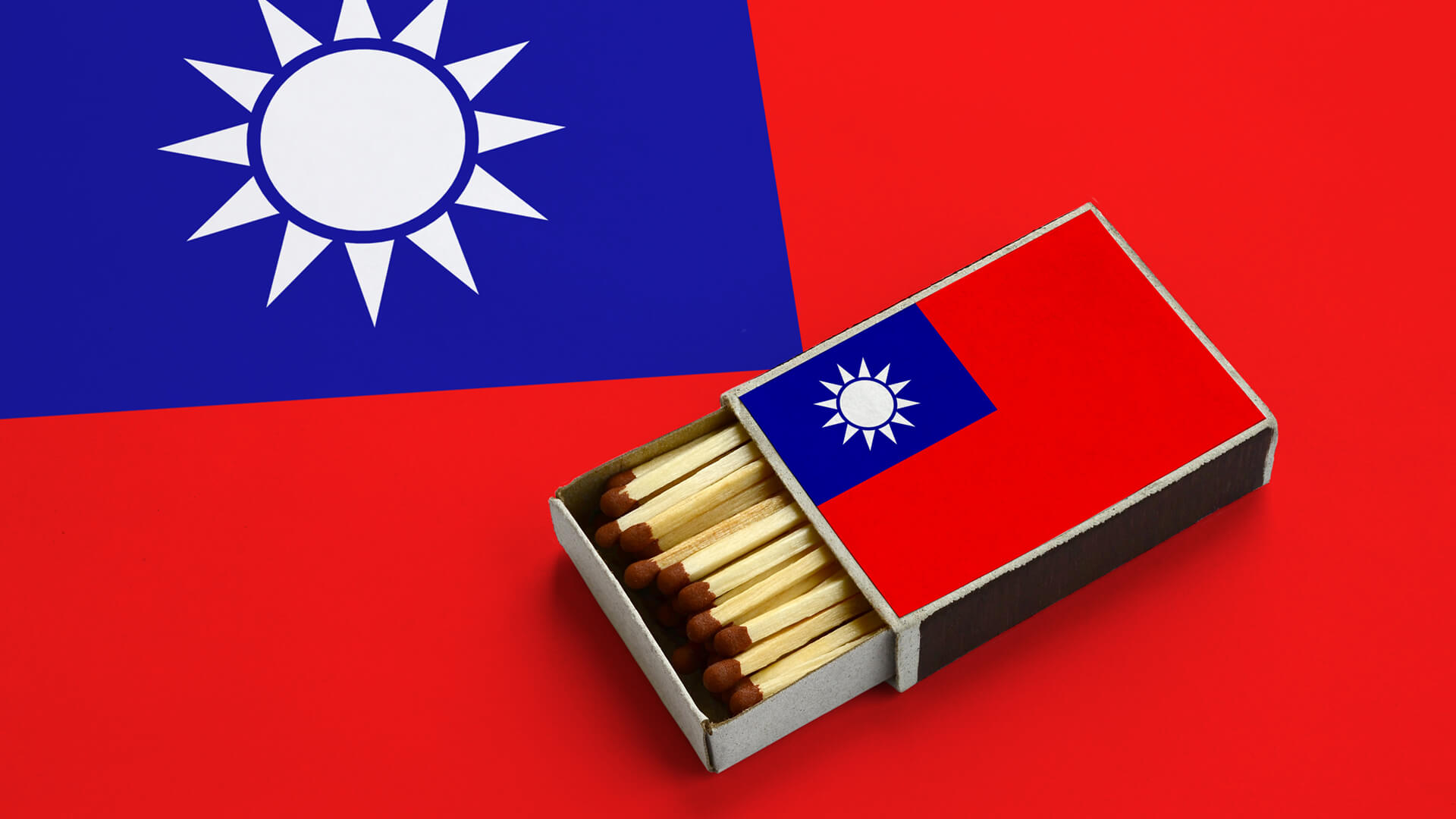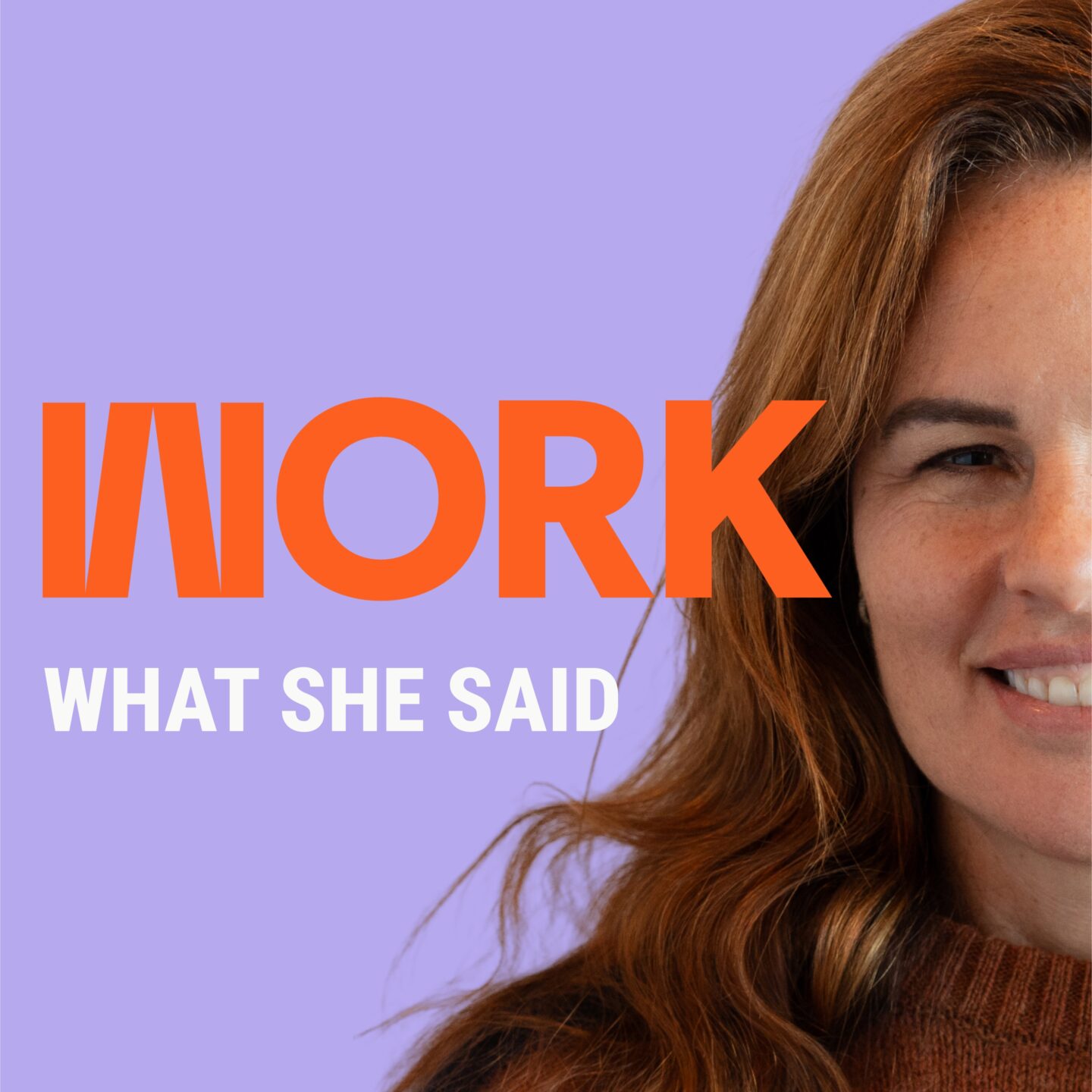
Peter Zeihan: What Would a Conflict in Taiwan Look Like?
Let’s discuss what China’s potential invasion of Taiwan would look like. Should China attack, both Biden and Trump have been explicit that the US would…
Thought Leader: Peter Zeihan

Not in more than 100 years had a Haitian president died by violence. That previous assassination was of a repressive leader who was beaten lifeless by rebels in 1915, a murder that preceded and substantially prompted an American invasion and occupation of Haiti that ultimately lasted until 1934.
The murder of President Jovenel Moïse yesterday seems unlikely to yield such dire results. But the United States and Haiti have for more than a decade been getting more and more intertwined, and that relationship is not about to get any easier.
First, some recent history: In September 2016, the presidential candidate Donald Trump stopped by a Haitian American community center in Miami. He promised his audience that, if elected, he would be their “greatest champion.” It might seem a strange stop for a man who reportedly described Haiti as a “shit-hole country.” But Trump had a scheme—one that relied on invoking the Clintons.
During his presidency, Bill Clinton had committed energy and attention to Haiti, and after he left office, the Clinton Foundation became a major economic power on the island. The foundation planned and coordinated big initiatives, such as a new port complex, and developed dozens of smaller projects with its own fundraising. At the same time, Secretary of State Hillary Clinton pushed Haiti toward market-opening reforms, hoping to energize economic development and job creation.
The plans did not work as well as hoped, especially after a devastating January 2010 earthquake. Disappointments fed rumors, rumors mutated into conspiracy theories. Conservative writers in the U.S. expanded and publicized the conspiracy theories into ever-escalating accusations. By 2016, it had become a widespread belief on the far right that the Clinton family had extracted an immense fortune out of Haiti. Search for Clinton and Haiti on Twitter, and see for yourself.
The Trump campaign seems to have hoped that it could convert anti-Clinton conspiracizing into Haitian American votes, especially in Florida, where Haitian Americans form a substantial community. Trump’s hopes were dashed. Daniel Smith, a University of Florida political scientist, estimates that Hillary Clinton won 80 percent of the Haitian American vote in 2016.
Despite Trump’s own apparent disdain, he still cast a strangely gravitational influence over the politics of Haiti. In 2016, the Haitian presidency was taken by Moïse, a leader very much in the Trump mold: authoritarian, corrupt, and unwilling to leave office on schedule. Moïse’s term expired in February of this year, but he held on, and sought to amend the Haitian constitution so he could remain until 2026 and eliminate rival power centers, notably the Haitian senate. And like Trump, Moïse seems fated to bequeath to his country new spasms of recrimination and paranoia. We may never know who ordered his assassination: Haitian police have already gunned down four of the suspected assailants.
Before the 2010 earthquake, Haiti seemed to be inching toward stability and prosperity. For the first time in its history, an elected president took power peacefully from a predecessor. That elected president handed power peacefully to an elected successor. In 2009, Haiti’s economy grew faster than 6 percent annually.
But the past decade has been grim. The 2010 earthquake was followed by a cholera epidemic, probably introduced by United Nations’ peacekeepers. The disease sickened half a million people and left at least 9,200 dead—and likely many more. Haiti was hammered by 2016’s Hurricane Matthew. Gang violence has spread, and the political system has ossified into paralysis. Haiti has yet to administer even a single dose of a COVID-19 vaccine.
Understandably, people seek to escape. The U.S. census in 2018 estimated that 700,000 Haitian-born people live in America. All told, the Haitian-born diaspora in the Western Hemisphere probably now numbers nearly a million. More may be on the way. In just the first five months of 2021, some 10,000 Haitians and their children crossed the southern U.S. border, hoping to gain residency rights in the United States.
What happens in Haiti does not stay in Haiti. The idea that the U.S. can somehow wall itself off from the troubles of its neighbors was one of the greatest illusions of the Trump era, one we may all be forced again to confront in the days immediately ahead.
Peter Zeihan: What Would a Conflict in Taiwan Look Like?
Let’s discuss what China’s potential invasion of Taiwan would look like. Should China attack, both Biden and Trump have been explicit that the US would…
Thought Leader: Peter Zeihan
Dr. Sanjay Gupta: Rethinking Health Rules We Grew Up With
“Drink your milk,” we are told as children. CNN Chief Medical Correspondent Dr. Sanjay Gupta examines our practice of continuing to drinking cow’s milk as…
Thought Leader: Sanjay Gupta
Erika Ayers Badan: Turning What Fuels You Into Business
Kerri Rosenthal is an artist, a businesswoman, a mom, not someone giving up her ambition (is that what we’re supposed to be doing at work…
Thought Leader: Erika Ayers Badan

